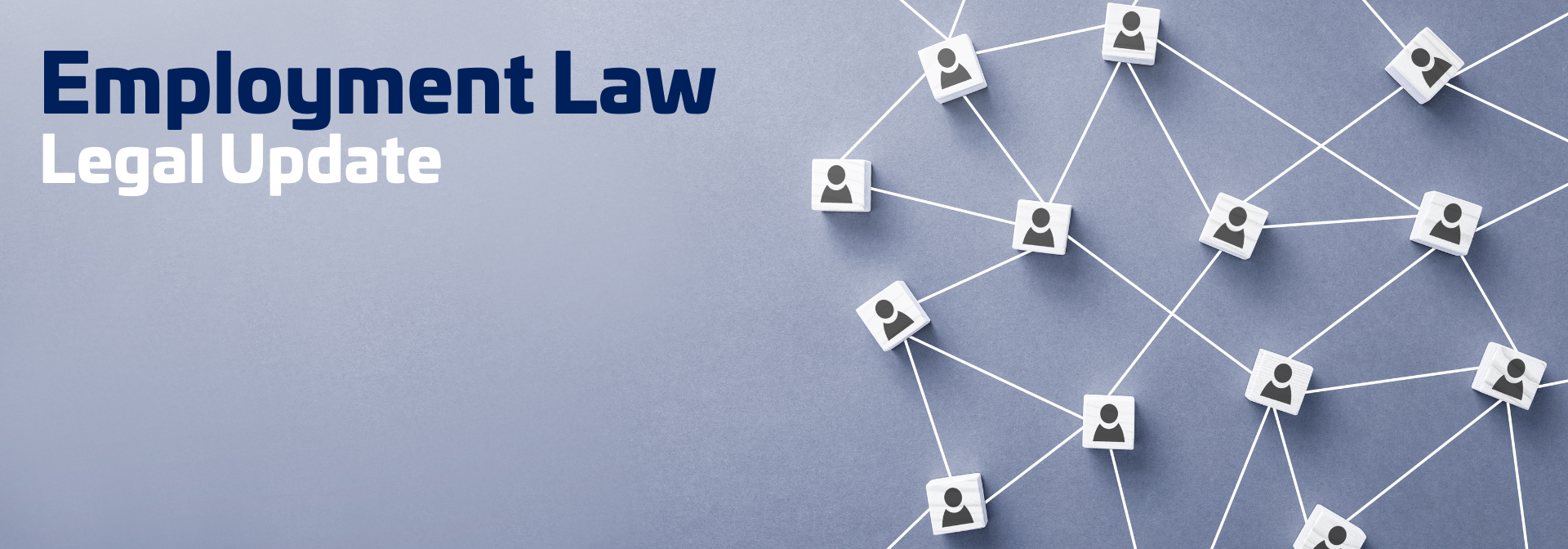Small Business, Big Decisions: Clarifying HR Consultancy Roles
Over the past decade, HR consultancy services have become an increasingly vital resource for small and medium-sized enterprises (SMEs) across the UK. As employment legislation grows more complex and the expectations around workplace culture and compliance intensify, many businesses, especially those without in-house HR teams, have turned to external consultants for guidance. These professionals offer expertise in areas ranging from recruitment and employee relations to grievance handling and disciplinary procedures, often providing a lifeline for organisations navigating sensitive or high-risk employment matters.
The appeal of HR consultants lies not only in their specialist knowledge but also in their flexibility and cost-effectiveness. Rather than maintaining a full-time HR department, small businesses can access tailored support as and when needed, ensuring they remain compliant while focusing on growth. This model has led to a thriving consultancy sector, with firms offering everything from ad hoc advice to fully outsourced HR functions.
However, a recent ruling by the Employment Appeal Tribunal (EAT) has prompted fresh reflection on the boundaries of responsibility when external consultants are involved in employment decisions. In Handa v Station Hotel (Newcastle) Ltd and Others [2025] EAT 62, the tribunal considered whether HR consultants could be held liable for an employer’s decision to dismiss an employee. The case involved two consultants, one who investigated grievances and another who conducted a disciplinary hearing, engaged by the employer. The dismissed employee argued that these consultants acted as agents of the employer and should share liability for the dismissal.
The EAT ultimately found that while the consultants were indeed acting as agents, they were not liable because they did not make the final decision to dismiss. Their roles were limited to investigation and facilitation, with the employer retaining decision-making authority. This distinction is crucial and offers reassurance to both consultants and the businesses that rely on them.
For small businesses, the ruling underscores the importance of clearly defining the scope of consultancy engagements. While external HR support remains a valuable asset, employers must ensure that final decisions, particularly those involving dismissal, are made internally and documented accordingly. Consultants should be positioned as advisors, not arbiters, and contracts should reflect this delineation.
Moreover, businesses should be mindful of the reputational and legal risks that can arise if consultants are perceived to overstep their role. Choosing reputable firms, maintaining transparent communication, and keeping thorough records of all HR processes are essential steps in safeguarding both the business and its workforce.
At Scottish Engineering, our Legal and HR team is committed to providing clear, expert guidance to help you navigate the complexities of employment law and workplace procedures. Whether you’re addressing grievances, conducting disciplinary hearings, or managing broader HR challenges, we offer practical support tailored to your organisation’s needs. While we work closely with you to ensure your approach is fair, compliant, and well-informed, it is important to recognise that the final decision remains with you as the employer. Our role is to empower you with the knowledge and confidence to make those decisions responsibly and effectively.











